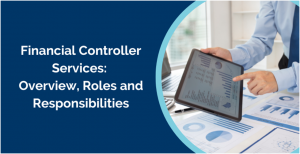
FINANCIAL SERVICE
What We Do
We help businesses at all stages with our financial services and help them in understanding the business performance and make informed decisions.
We support CPA and Accounting firms to achieve growth and be competitive.
Avail & benefit from our finance solutions - Accounting, Outsourced CFO and Controller services to help you make the next steps in your business.

We offer comprehensive Tax Services for both individuals and small and medium businesses across all states in USA

We care for your need to grow and expand, hence introducing our Business Funding Services.
Our Certifications
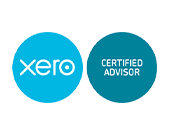
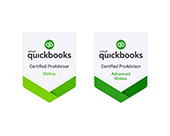
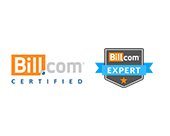


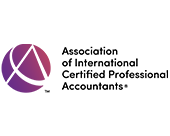
How We Deliver Financial Services

REQUIREMENT ANALYSIS
We start by asking the right questions about you and your needs, so we can recommend services that best suit your needs.

DEVELOP A PLAN
Based on the results of first step. We tailor our world-class processes, policies and technology to suit your specific needs.

TEAM ASSIGNMENT
We will assign a team, from our staff of certified and experienced financial professionals. Every expert team member is hand-selected and ready to go from day one.

GENERATE RESULTS
Our main goal is to deliver you financial clarity, so you can make informed decisions. We provide you best resources to gain insight in your business.
Testimonials




Case Studies
See in detail on how we helped few of our clients and achieve financial clarity
Financial Controller Services: Overview, Roles and Responsibilities
A Financial Controller is a diverse group of accounting experts or a senior-level executive who works as the head of accounting and is responsible for the preparation of financial reports …
Financial Controller Services: Overview, Roles and Responsibilities Read More
Bookkeeping services: Overview, Benefits and Tips
Bookkeeping is the daily recording of a company’s financial transactions into structured accounts. It may also refer to the different recording techniques that corporations have at their disposal. For several …
What Are the Best Accounting Practices to Use for an Online Business?
If you are running an online business that is an e-commerce business there you are production will be higher in numbers than earlier. The main reason behind this is the …
What Are the Best Accounting Practices to Use for an Online Business? Read More
How Finance Solutions Can Increase Your Profit?
Holding a successful business in this generation is not a simple thing because things are changed and the mindset of people has also evolved. And because of this most of …
5 Tips on How to Save Taxes with Your CPA
Taxes are one of life’s few certainties. People often worry when they see how much money they owe because they didn’t plan ahead of time. Simultaneously, employing sensible, well-thought-out tax …
The Benefits of Incorporating Your Business
Should you incorporate your business or not? This is a dilemma that many self-employed employees and entrepreneurs face when establishing a new firm. Those who are still unsure about incorporating …









